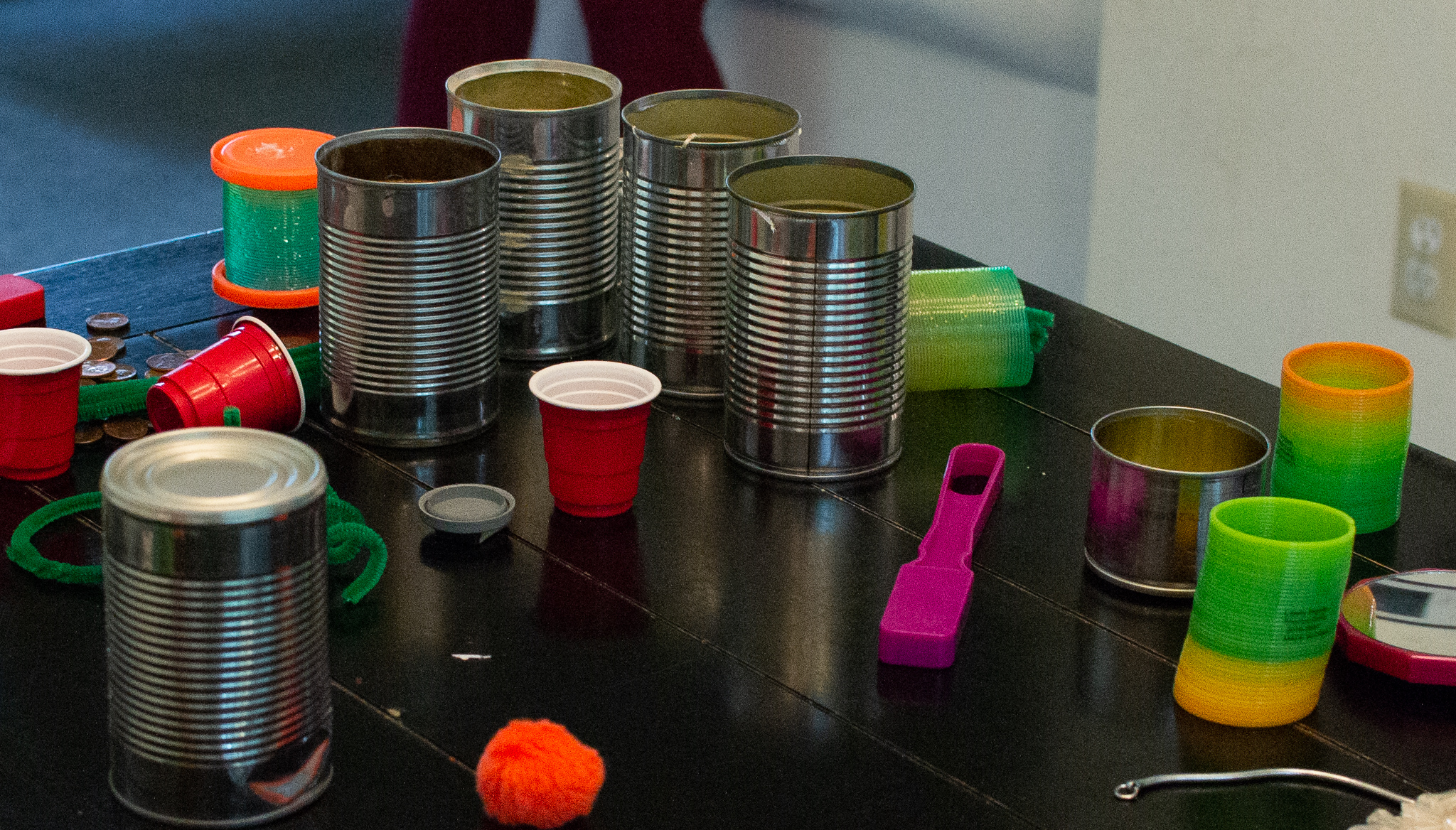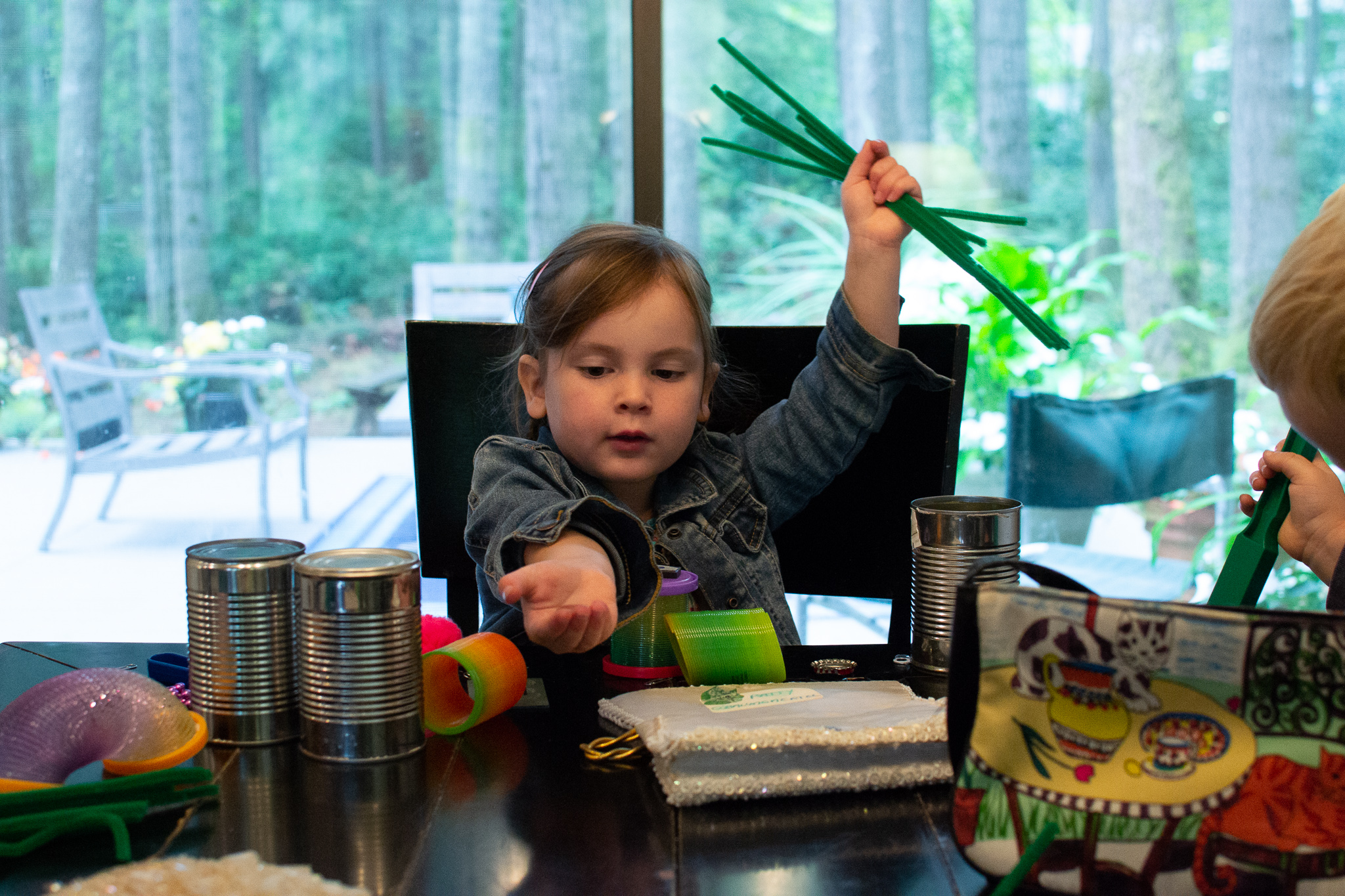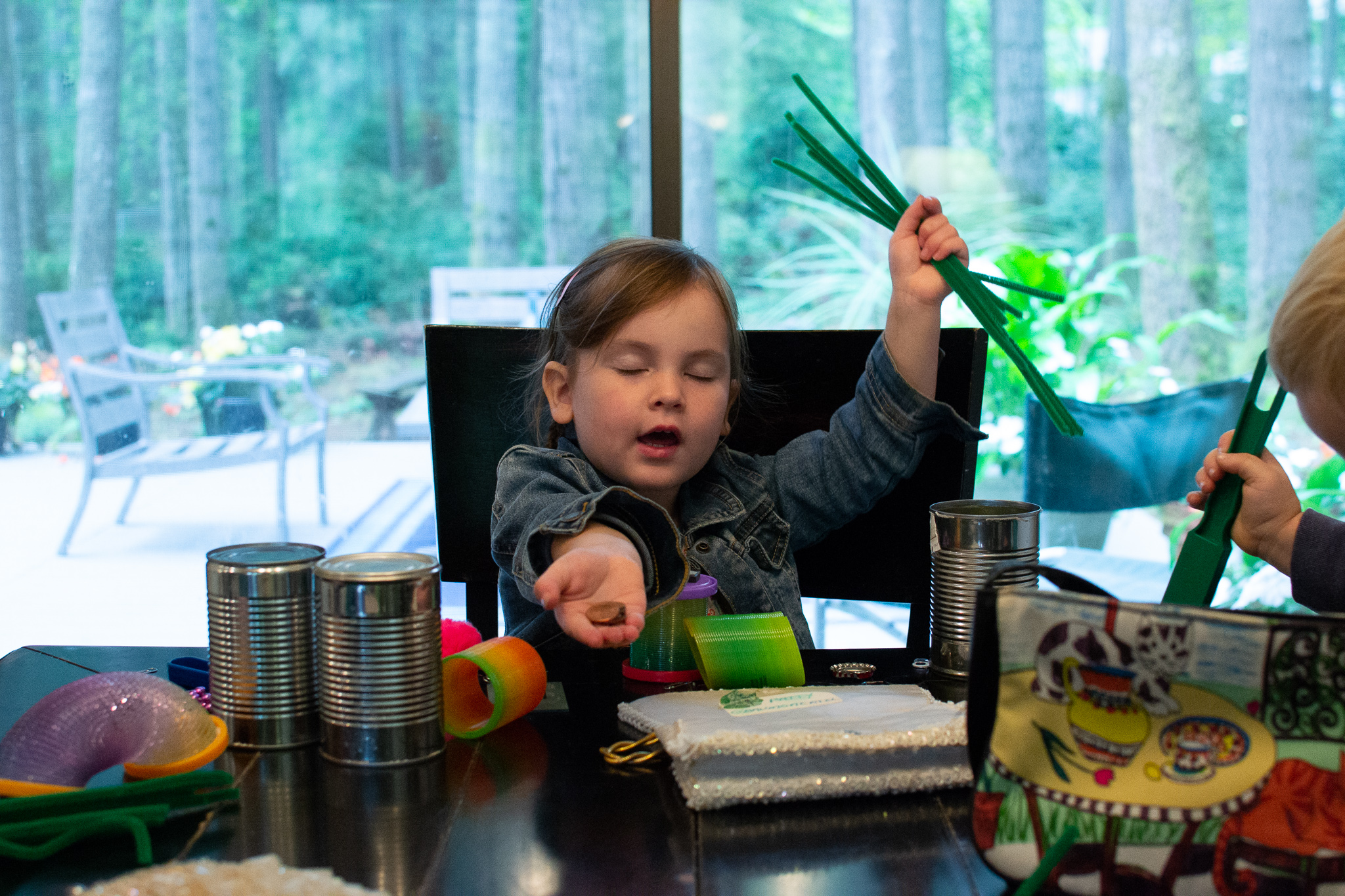Well, that was easy, thought Oma. The harvest moon was rising in the west, and she had just spatchcocked her first chicken. Snipping along the bird’s spine with kitchen shears, flipping it breast-side up and flattening it slightly into a butterfly shape, Oma marveled. After a quick roasting in a 500-degree oven – she’d learned not to fear 500-degree ovens – the chick should be crispy on the outside and tender everywhere else. Dinner would be served in 30 minutes. Since March 21, 2020, she’d done so many new things.
She’d worked a 1000-piece puzzle of the Albuquerque balloon fiesta. She’d learned to play chess. She’d kept a sourdough starter alive; she’d even baked a few loaves with “Clara”. She’d learned to distinguish between ravens and crows just by their calls. Basil, oregano, and scads of begonias thrived on her deck. Hydrangea blooms were the size of cabbages. The grass was green.
Chalking these up to new” quar-routine” skills, Oma turned her attention to preschool prep. Before bedtime, she must inventory her Magnet Hanout and fashion some novel apparatuses. She’d been collecting cans, washers, bolts and the like, and had even bought a dozen plastic slinkies. She’d glued magnets onto compact mirrors, stuck big wiggly eyes onto metal rings, raided the science cabinet for steel balls. These “top of the shop” goodies would thrill her small shoppers. She was certain of that.
Backstory here: When Oma and Opa had lived in Fes, they shopped at Carrefour. At Carrefour they bought bread, orange juice, Babybel cheese, yogurt, and water. They also shopped at the hanout down the street. At the hanout, they bought snacks like Pringles and candy, and they practiced their Darija skills with the shopkeeper. Twice Oma and Opa shopped in the medina. In the medina, they bought a carpet, for which they haggled successfully, and two sugar bowls, for which they did not.
Haggling, as you might imagine, is weird to Americans, but not to Moroccans or preschoolers. True haggling (not bartering, as that involves goods-for-goods, not goods-for-dough) is a negotiation. Preschoolers are particularly good at negotiations, even as they have gaps in their economic awareness.
Having stocked her Magnet Hanout and garnered coins from the penny stash, Oma served Opa spatchcocked chicken with perfectly roasted potatoes and onions. Soon they would retire for the night, as the preschoolers would arrive in the morning.
And they did. Oma told them after breakfast and a bit of horseplay with Opa, that today they would shop at her Magnet Hanout. Mommy Amy expertly explained how a “hanout” differs from a store, such as “Target” because at Target you walk down the aisles and pick your items, then take them to the cashier to pay. In a hanout, you greet the shopkeeper, inquire if he has this or that, and he gets it off the shelf for you. Then you pay.
“Mom! We need money!” realized Miss Nomi.
“Well, we don’t usually bring money to OmaOpa’s house…” replied Mommy Amy.
Oma corrected that little preschool misconception by instructing Miss Nomi, Miss Em, and Mr. Mo to run upstairs and find purses. She would give them pennies to spend at the Magnet Hanout.
That one mistake likely furthered their financial misconceptions.
“Okay, welcome to my Magnet Hanout,” said Oma to the shoppers. “What would you like to buy?”
“I would like,” began Miss Nomi, in her finest adulting voice, “one of those. The rainbow, sparkly one.” She was pointing to a slinky. “How much for it?”
“Two pennies,” replied shopkeeper Oma.
“Okay, here you go.” Money exchanged for goods. Off to a fine start.
The other two shoppers did likewise, as following your elder’s lead is a safe procedure when you’re in a foreign country, or at OmaOpa’s preschool.
Buying and selling continued successfully for a time. Bought were the entire inventory of slinkies, and a can or three. Thinking she’d ramp up the game a bit, Oma proposed a BOGO offer.
“I would like one of those; how much is it?” Miss Nomi inquired of the green pipe cleaners.
“Well,” mused Oma strategically. “Tell you what. You can have three of these for two pennies!”
“No,” countered Miss Nomes, authoritatively. (Were her haggling skills beginning to blossom? wondered Oma.) “Three pennies.”
“You want three for three pennies instead of three for two pennies?” Oma asked.
“Yes.”
“Okaaaay.”
Miss Em chimed in next. “Miss Em, what would you like? Green pipe cleaners? Yes? How many?”
“Five,” replied the one with a handful already.
“Okay, for three pennies,” agreed shopkeeper Oma, holding out her hand (there were pennies in it still from the previous transaction) for Miss Em’s money.
“Thank you,” responded she in her most polite voice, removing three pennies from Oma’s hand plus five more green pipe cleaners.
Later, after her shoppers had taken their goods and departed, Oma reflected upon haggling, commerce with preschoolers, and negotiations in general. What she concluded – before untangling three slinkies and suggesting a romp in the fresh, autumn air – was that if she could haggle a chicken into a butterfly and roast it for dinner, there was still hope for her tots.






